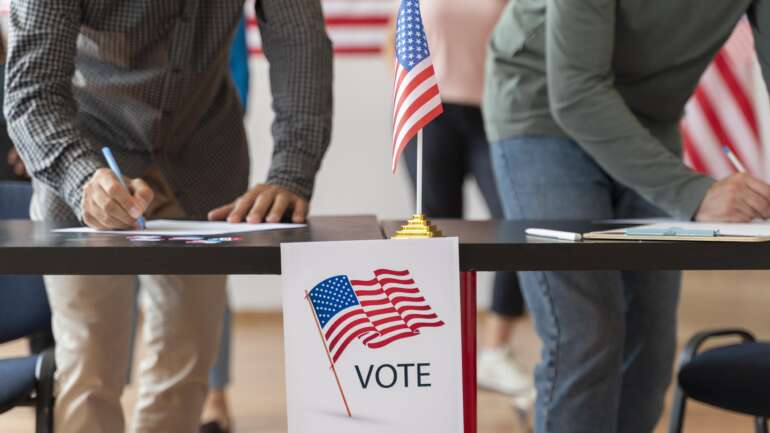January visa bulletin stayed the same as December 2024. USCIS determined that for January 2024, applicants in all family-sponsored preference categories and all employment-based preference categories must use the Dates for Filing chart. According to the January 2024 visa bulletin, the priority date for the Second preference (F2A) – spouses and children (unmarried and under 21 years of age) of…






